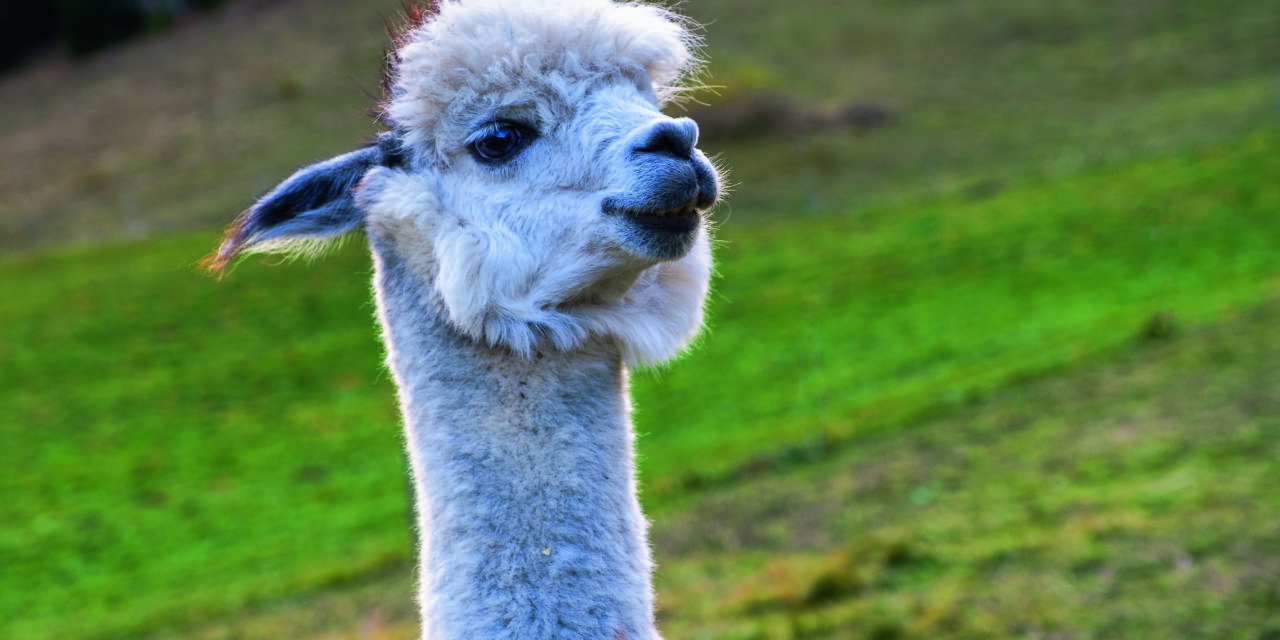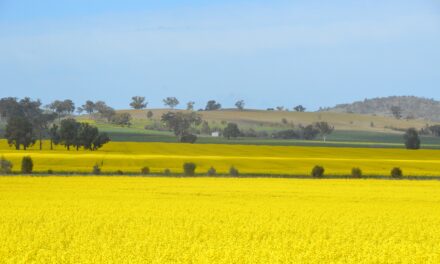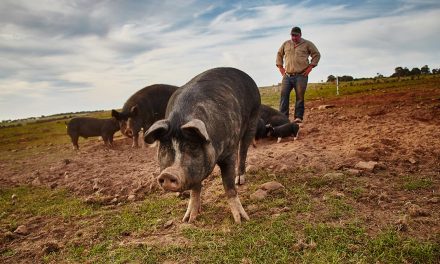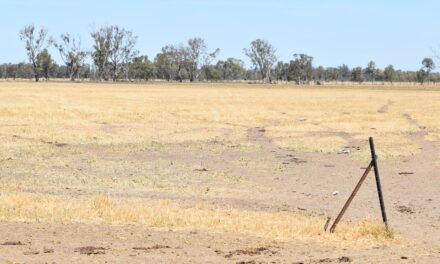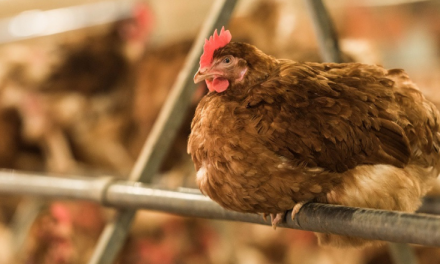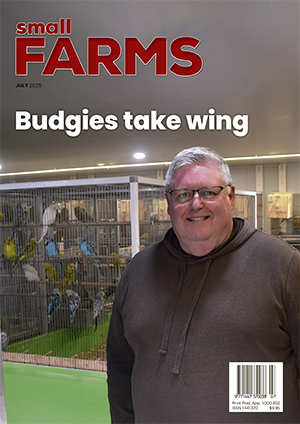It started as a family joke but SPENCER FOWLER STEEN discovered once Michelle Malt met her first alpaca there was no going back and the whole thing has become Big Sky for her
WHEN Michelle Malt’s father-in-law jokingly suggested she should start an alpaca farm, she never dreamed it would actually happen.
Now, Michelle wakes up every morning to the sound of 25 of these fluffy fellows running around in her back paddock.
Big Sky Alpacas is Michelle’s small farm in NSW.
Starting off with three pregnant females and a male, Michelle said she decided to breed white and light fawn alpacas for their soft, warm fleece, which she knew would be a hit at local markets.
“These colours can be dyed, so there’s more options for selling,” she said.
Michelle sells the bulk of her prize-winning fleece to a couple of buyers in NSW and Victoria, with smaller amounts going to local spinners and weavers.
She said alpaca saddle fleece — typically used for garments and yarn — was the most highly valued due to its consistency, but skirtings around their legs and tails could also be used for items such as quilts, stuffing for pillows or dog beds.
“It’s lightweight, really warm and comes in a range of natural colours,” she said.
“They also don’t smell, which is great,” she said.
Aside from their fleece, Michelle said she simply loved spending time with these intelligent, at times mischievous animals.
“They have lovely long necks and big eyes, but if they work out what you’re doing and they don’t like it, they can make life difficult,” she said.
“The young ones are adorable when they’re trying to work out what to do with their legs.”
Alpaca farming, however, does not come without its challenges.
“One of the biggest problems is knowing if they’re unwell,” Michelle said.
“When alpacas become sick, they become stoic because they’re prey animals.
“When they show illness, the problem is usually quite advanced.”
Michelle said she was fortunate enough to own a small herd where she knew each alpaca individually, allowing her to easily see if something was out of character.
Parasites also present another potentially devastating challenge to her prized alpacas.
One type of parasite in particular — the barber’s pole worm — has killed some of her alpacas in the past.
“This blood-sucking parasite will latch onto the stomachs of the animals and cause them to become anaemic,” she said.
“They lay lots of eggs and they’re clever because if you only use one type of drench, they become resistant.”
To ensure the worms do not become resistant to the drench, Michelle said she uses a combination of parasite killing chemicals.
Solitary foxes and roaming dogs packs occasionally threaten her herd too.
“Alpacas have a lethal kick, which they can use to defend against foxes,” she said.
“It’s the dog packs that are the most dangerous because they will take it in turns tiring out the animal until it can’t defend itself.”
Michelle’s alpaca fleece is a big hit at NSW’s annual agricultural showcase Primex, where she finds her products have a large following.
“We get people who come back to buy socks every year,” she said.
“We’ve had supreme champion and best in show awards in the past.”
In terms of valuation, Michelle determines the price of her fleece based on histogram analysis, where finer fleece equates to high value.
She said finer fleece in the 16 to 18-micron range was most valuable, with the average fleece micron of her heard sitting at 18.
Although Michelle does not sell alpacas for their incredibly low-fat meat, which she said there was a market for, she does sell alpacas as pets or herd guards if they have the right temperament.
“Alpacas, being natural prey, are very aware of predators,” she said.
“If they’re in groups of two or three, they’re good at raising an alarm call helping protect other prey cattle.”
Michelle has also become adept at listening to the various noises alpacas make.
She said there’s the hum, which they do when they’re uncertain or while cria are being born, the high-pitch alarm call to warn each other, and orgling — the male’s mating noise which Michelle said sounds like gargling gravel.
Michelle also has words of advice for prospective alpaca farmers.
“I suggest people talk to local alpaca farmers before starting anything,” she said.
“Make sure you buy animals off people you have a great relationship with.
“If you decide to go ahead, look at the Australian alpaca website to gather as much information as possible,” she said.
What began as a joke, is now a booming small business for Michelle where she gets to spend quality time with the fuzzy, awkward animals she loves.
Big Sky Alpaca
Michelle Malt
Sunnyvale Farm
16328 Clarence Way
Bean Creek NSW
P: 0438 103 310
W: bigskyalpacas.com.au

